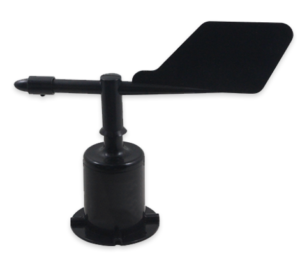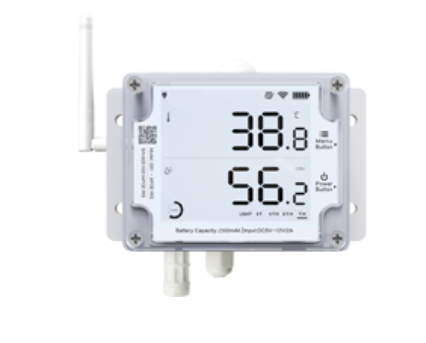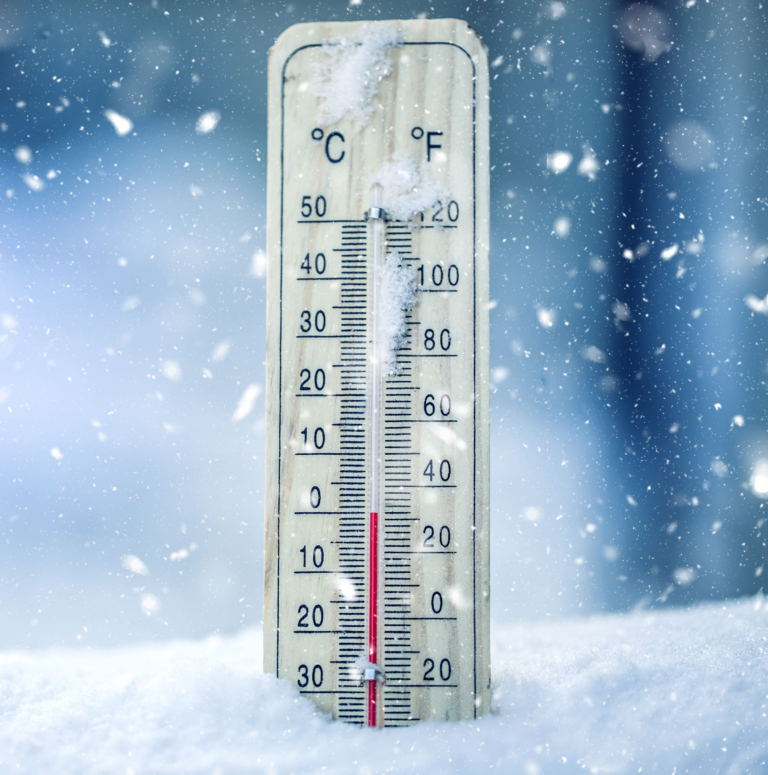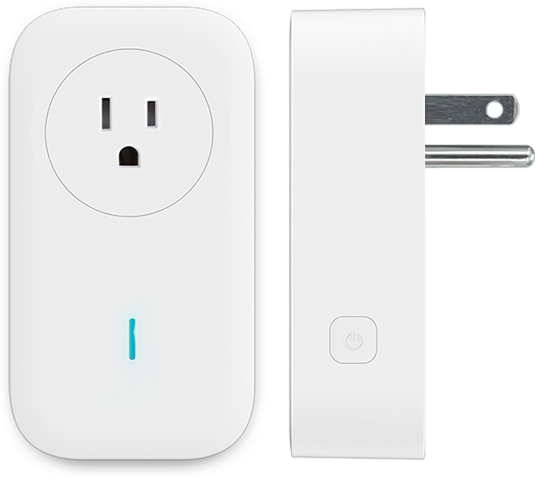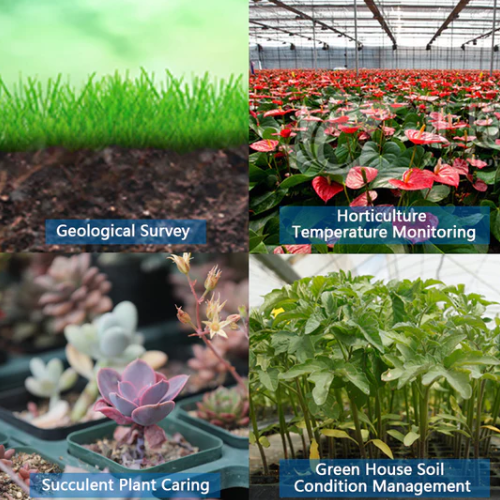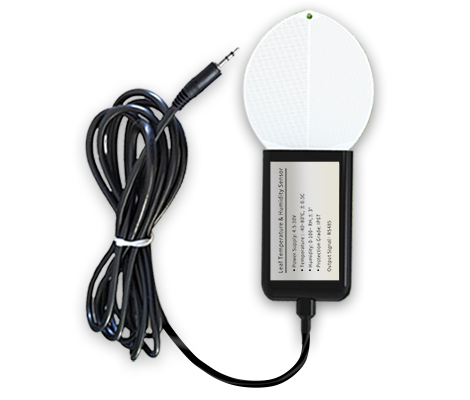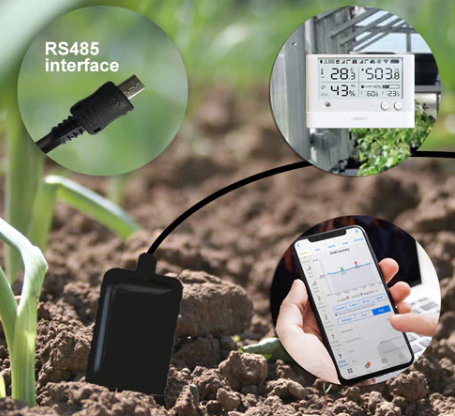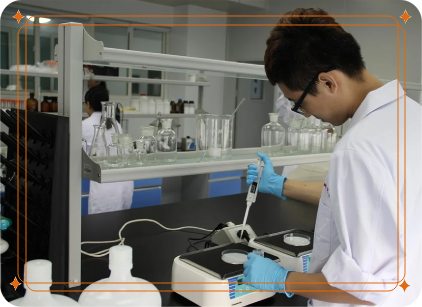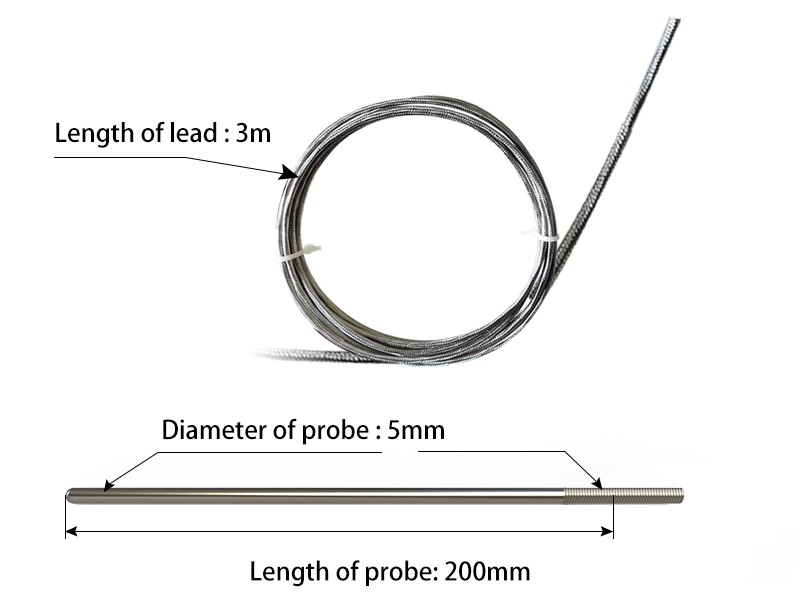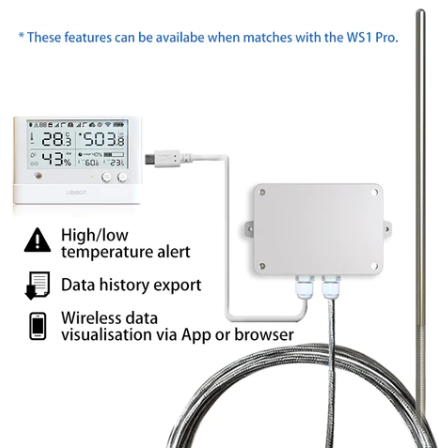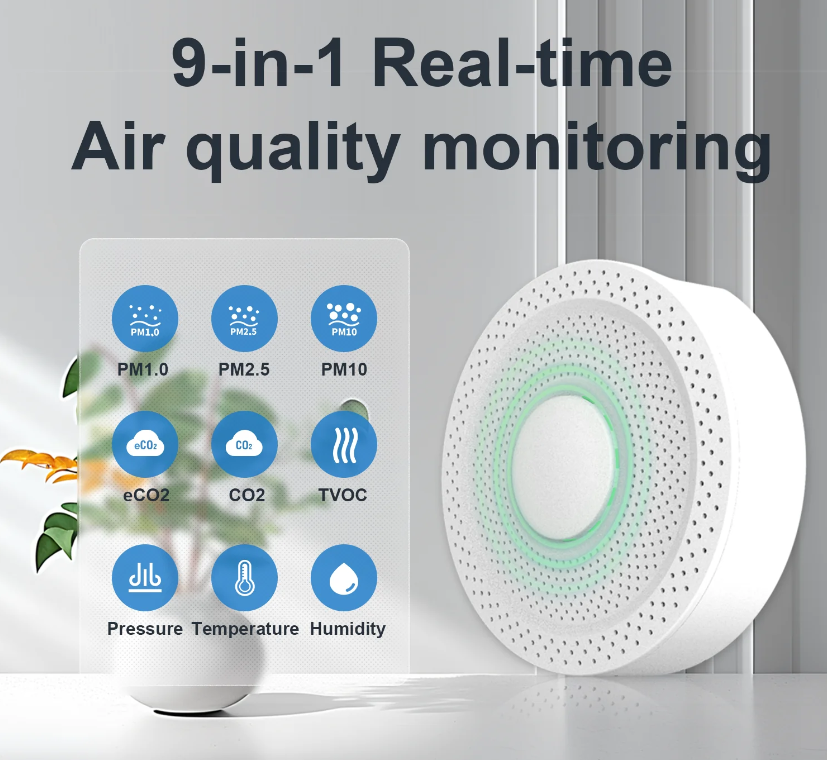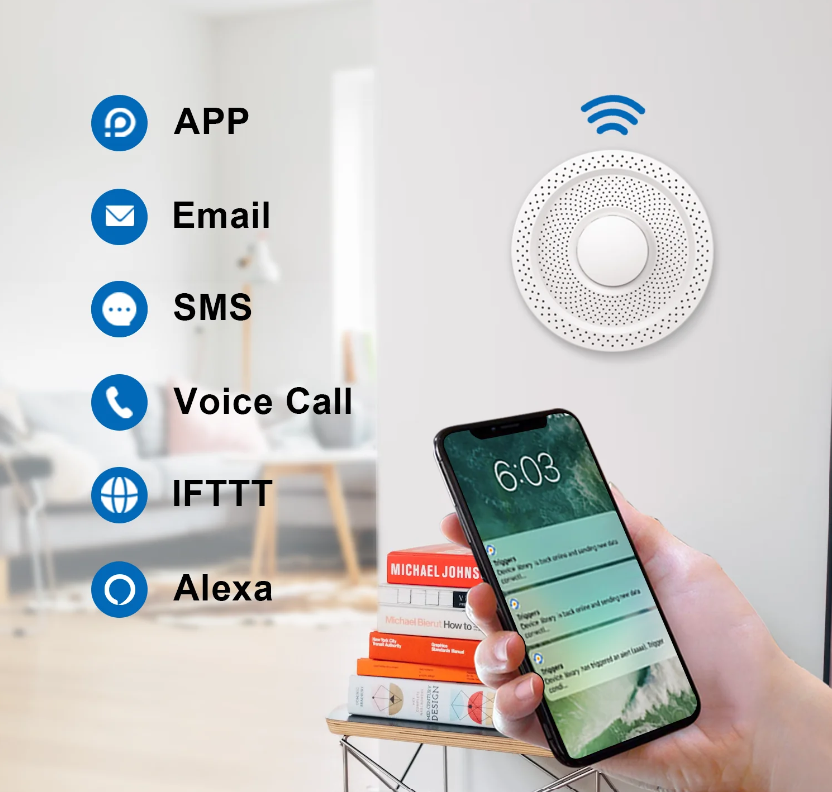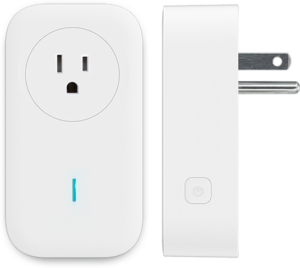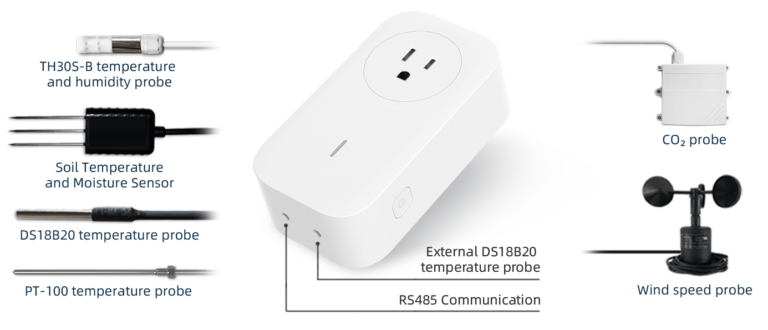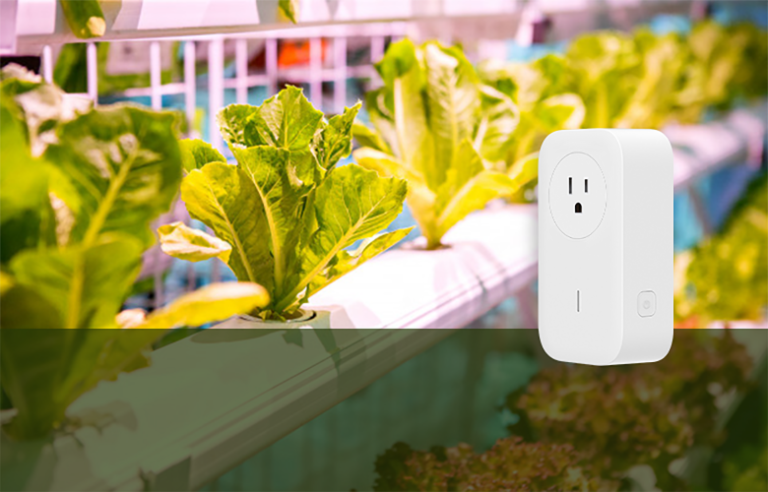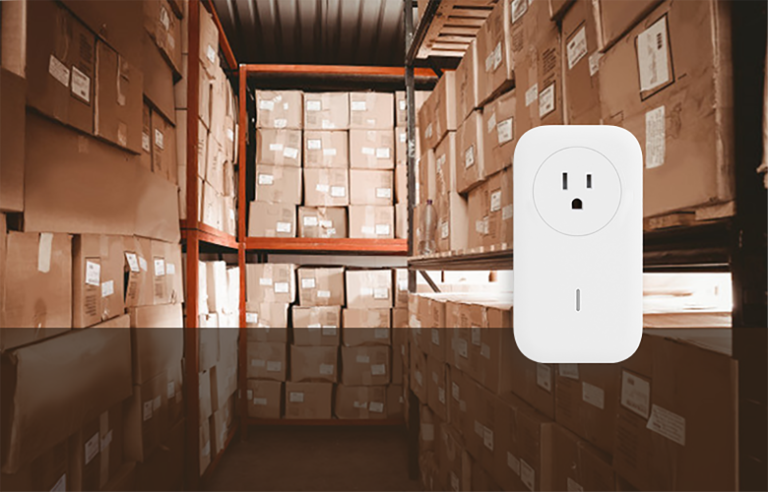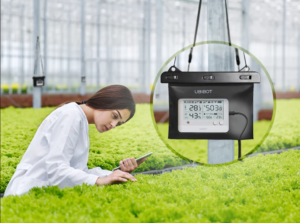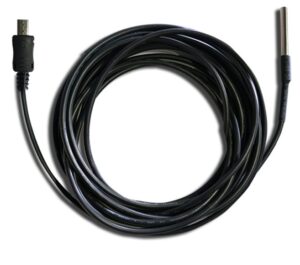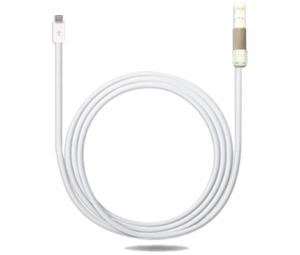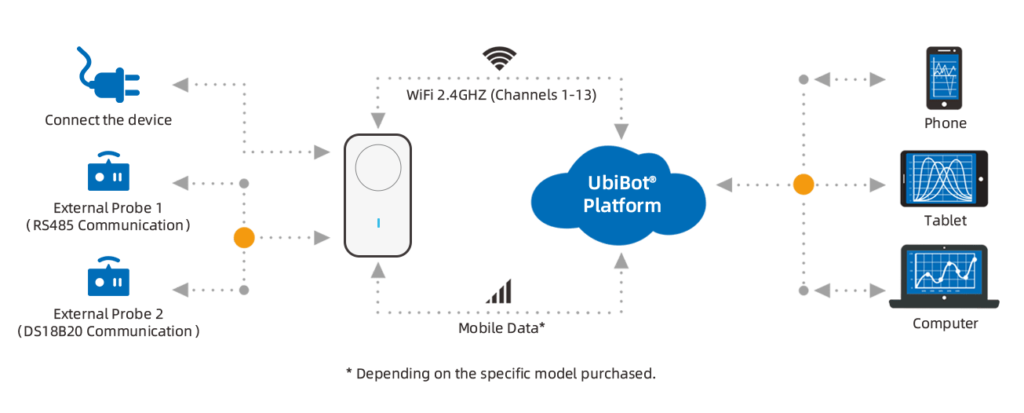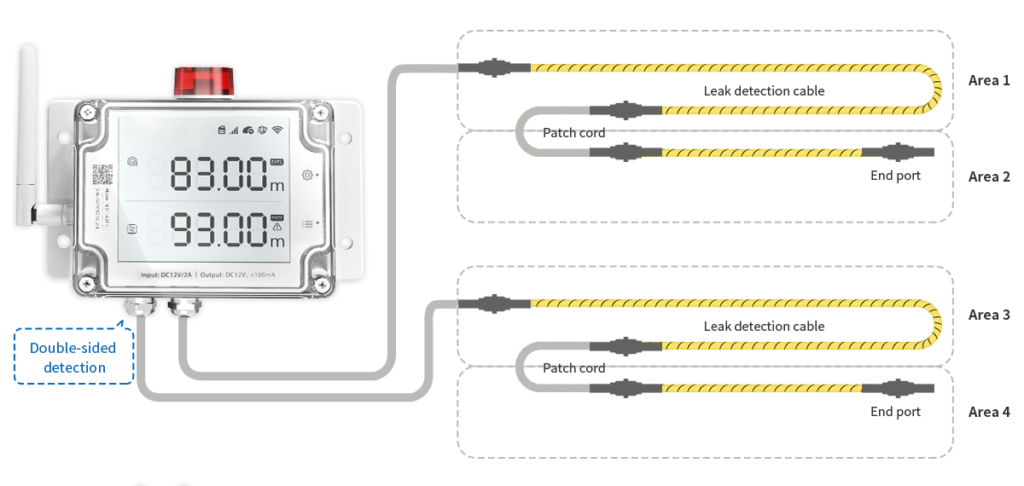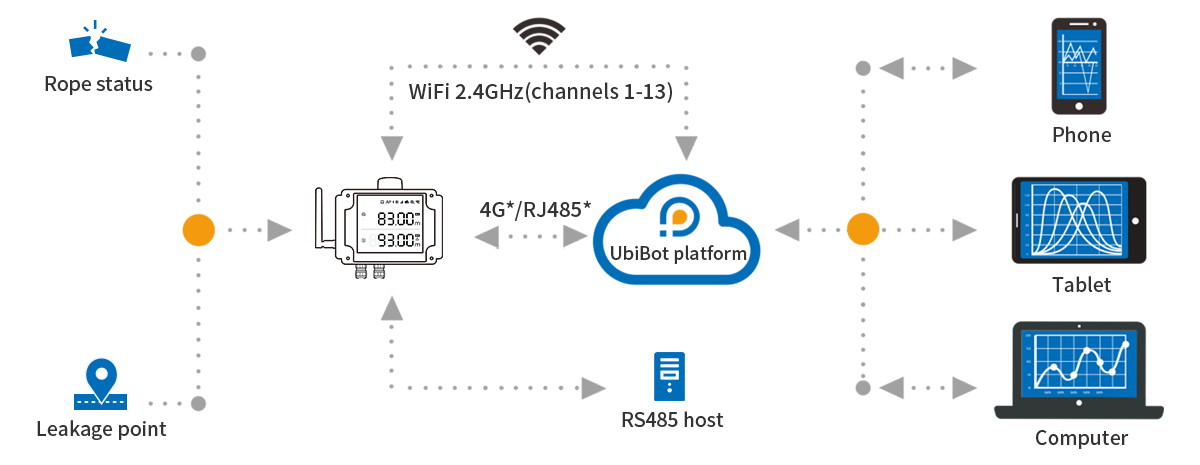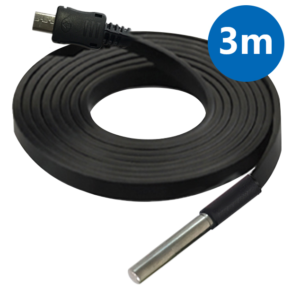Temperature Data Logger Monitoring and Analysis
Temperature Data Logger Monitoring and Analysis
Did you know how we keep tabs on temperatures in different places? That’s where a temperature data logger, also called a data logger thermometer, comes into play. These gadgets are like tiny detectives, constantly monitoring and recording temperature changes in various environments. Today, we’ll look into the world of temperature data logger monitoring and analysis.
We’ll explore how these devices help us track temperature trends, ensuring everything stays cool (or warm) where it should.
Temperature Data Logger Overview
At its core, a temperature data logger is a small electronic device equipped with sensors designed to record temperature variations over a specified period. These devices come in various forms, including single-use and reusable, and wireless and hard-wired models offering flexibility based on the customer’s needs.
The primary objective is to capture accurate and real-time temperature data, providing a comprehensive view of the environmental conditions to which sensitive products are exposed.
If you are searching for the best wireless temperature data logger consider Ubibot’s GS1 wireless temperature data logger. The GS1 data logger thermometer has onboard temperature and humidity sensors and is compatible with a wide range of external sensors.
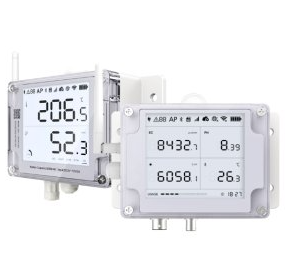
Temperature Data Logger Applications Across Diverse Industries
The applications of temperature data loggers span across a myriad of industries, showcasing their versatility and adaptability. Let’s explore three of the many applications:
- Pharmaceutical and Healthcare: Data logger thermometers play a pivotal role in ensuring the efficacy and safety of medications during transportation and storage. For example, in pharmacies, data logger thermometers are used to monitor temperatures in vaccine refrigerators.
- Cold Chain Logistics: Temperature data loggers play a crucial role in storage facilities where maintaining optimal conditions is paramount. Whether it’s a warehouse storing pharmaceuticals or a cold storage facility housing food products, these devices offer real-time monitoring. In case of any deviations from the desired temperature range, alerts can be triggered, enabling swift corrective actions to prevent potential damage to the stored items. This proactive approach minimizes the risk of product spoilage and financial losses.
- Compliance and Quality Assurance: Data logger thermometers, and the related cloud-based software, record and store critical environmental information. Businesses use this information to demonstrate compliance with regulations, laws, and manufacturer of supplier specifications.
Cold Chain and Logistics
Temperature data loggers are integral to maintaining the cold chain and safeguarding the quality and freshness of perishable goods.
One of the critical challenges in transporting temperature-sensitive goods is maintaining cold chain integrity. Temperature data loggers address this challenge by continuously monitoring and recording temperature fluctuations during transit.
This ensures that products, such as vaccines or fresh produce, remain within the specified temperature range, safeguarding their quality and efficacy. The data collected can be analyzed post-shipment, providing valuable insights into the conditions faced during transportation.
Temperature Data Logger Compliance and Quality Assurance
From logistics to healthcare, data logger thermometer have become indispensable tools for organizations aiming to uphold stringent quality standards.
Industries such as pharmaceuticals and healthcare are subject to strict regulatory requirements. Temperature data loggers, with their ability to provide accurate and traceable temperature data, assist organizations in meeting compliance standards.
By ensuring that products have been stored and transported within specified temperature ranges, these devices contribute to quality assurance protocols, reducing the risk of regulatory non-compliance and associated consequences.
One of the best wireless temperature data loggers is the UbiBot’s WS1-A wireless temperature logger. This user-friendly device has onboard temperature and humidity sensors and is compatible with a DS18B20 temperature probe.
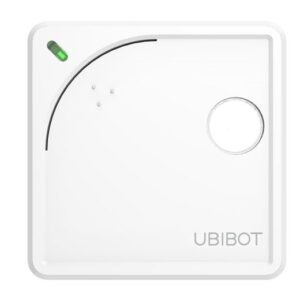
Predictive Analytics: Using Your Temperature Data Logger to Forecasting Trends for Proactive Decision-Making
Understanding Predictive Analytics
In recent years, the integration of predictive analytics with Temperature Data Loggers has emerged as a game-changer for industries. Predictive analytics involves using historical temperature data to forecast future trends and potential deviations.
Businesses use this forward-looking approach to anticipate and mitigate temperature-related risks, enhancing the overall reliability of supply chain operations.
Machine Learning Algorithms: Unraveling Complex Patterns
The efficacy of predictive analytics hinges on the utilization of advanced machine learning algorithms. These algorithms analyze vast datasets, identifying complex patterns and correlations that may elude traditional analytical methods.
With data logger thermometers continuously generating data during transportation and storage, machine learning algorithms decipher intricate relationships, providing a deeper understanding of the factors influencing temperature variations.
Proactive Risk Mitigation: A Strategic Advantage
The primary benefit of predictive analytics lies in its ability to enable proactive risk mitigation. By identifying potential temperature deviations before they occur, businesses can take preemptive measures to safeguard product integrity.
Whether adjusting transportation routes, modifying storage protocols, or fine-tuning equipment settings, the insights derived from predictive analytics empower organizations to make strategic decisions that minimize the likelihood of temperature-related incidents.
Continuous improvement: iterative refinement of predictive models
The dynamic nature of supply chain operations requires a continuous improvement mindset. Temperature data logger users can iteratively refine predictive models based on ongoing data collection and analysis.
This iterative process ensures that the predictive analytics system evolves alongside changes in logistics, product characteristics, and external factors. By staying adaptable, businesses can maintain a proactive stance in temperature management, positioning themselves for sustained success in an ever-evolving market.
Temperature Data Logger Analysis for Continuous Improvement
The utility of a data logger thermometer extends beyond real-time monitoring. The collected data becomes a valuable resource for post-analysis, facilitating continuous improvement in processes.
By identifying patterns and trends in temperature fluctuations, organizations can optimize their storage and transportation practices, enhancing efficiency and cost-effectiveness. This data-driven approach empowers businesses to make informed decisions, ultimately improving overall supply chain management.
Temperature Data Logger Challenges and Innovations in Temperature Monitoring
While temperature data loggers have significantly improved temperature monitoring practices, challenges persist. Issues such as battery life, data accuracy, and connectivity in remote areas are areas of ongoing improvement.
Innovations in sensor technology, communication protocols, and battery efficiency aim to address these challenges, making Temperature Data Loggers even more reliable and user-friendly.
Temperature Data Logger Wireless Connectivity: Enhancing Convenience and Efficiency
UbiBot data loggers connect to the UbiBot cloud-based management console. The advantages of the UbiBot management console are:
1. Real-time Monitoring: UbiBot wireless temperature data loggers transmit real-time data, facilitating remote monitoring for swift interventions during unexpected fluctuations.
2. Custom Alters: The UbiBot console will automatically send alerts to customers when conditions exceed customer-set thresholds.
3. Wireless IoT Integration: UbiBot data logger thermometers with Wi-Fi or Bluetooth and IoT integration enable seamless communication, centralized control, and streamlined monitoring, reducing the need for manual interventions.
4. Automatic Data Synchronization: Wireless connectivity automates data sync with the console, eliminating manual retrieval, reducing data loss risk, and enhancing temperature monitoring efficiency, freeing up time for strategic decision-making.
5. Mobile Applications for User-Friendly Interaction: UbiBot’s mobile app allow for convenient access to temperature data on smartphones or tablets, offering on-the-go monitoring and instant insights for improved customer experience.
6. Cost-Efficiency and Scalability: Wireless connectivity cuts costs by eliminating physical data logger retrieval, while scalability supports seamless expansion for evolving industries’ temperature monitoring needs.

The UbiBot cloud-based console and app is shown above.
A UbiBot data logger thermometer transmits environmental data to the cloud. Customers then access this information on a Phone, tablet of computer.
Conclusion
In wrapping up the discussion on temperature data loggers, we find them indispensable for precise monitoring and analysis of temperature variations. These devices offer a reliable means to safeguard sensitive goods and ensure optimal conditions.
As technology advances, these tools become even more vital in diverse fields, promising enhanced accuracy and efficiency in maintaining desired temperature parameters. Embracing such innovations is crucial for industries seeking to uphold product quality and safety standards.
How Can UbiBot Canada Help?
UbiBot Canada is the exclusive Canadian distributor for UbiBot products and we stock all of the wireless data logger thermometers mentioned in this blog including:
- WS1-A Wi-Fi data logger
- Simple and user friendly
- Removable AA batteries
- Can also be powered by USB
- large LCD screen
- WiFi and Bluetooth connectivity
- Compatible with many one DS18B20 external temperature probe
- WS1-Pro data logger
- Removable AA batteries
- Can also be powered by USB
- Large LCD screen
- WiFi and SIM connectivity
- Compatible with many external probes and sensors including two DS18B20 external temperature probes
- GS1 Series environmental data logger
- Robust construction, ideal for wet or dust environments
- Integral lithium ion battery
- Can also be powered by USB, 12v adapter, ethernet, solar panel
- WiFi, SIM, Ethernet and GPS options
- Compatible with the widest range of external sensors and accessories.

